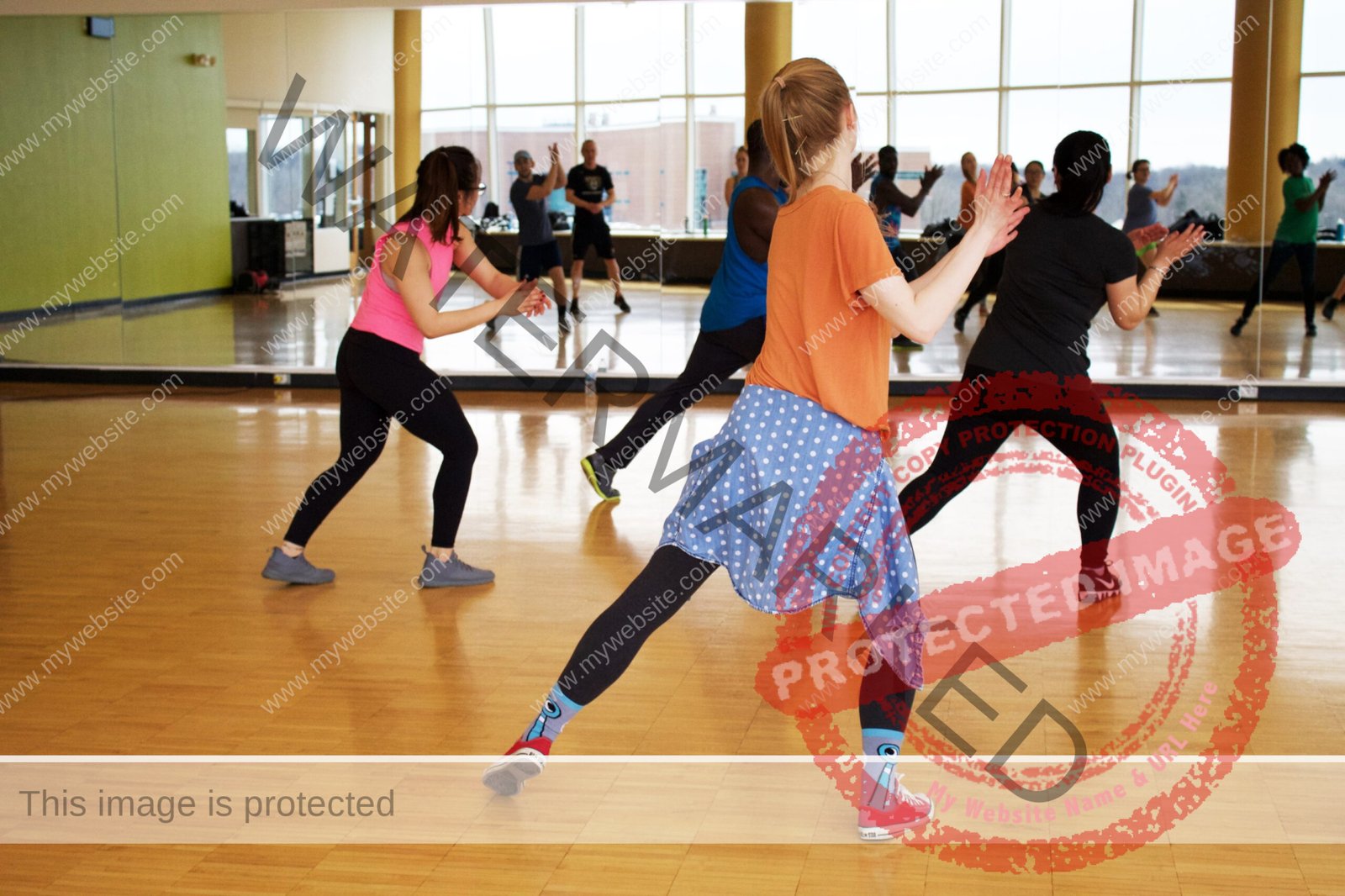Adaptive Exercises for Individuals with Spinal Cord Injuries
Spinal cord injuries can have a significant impact on a person’s mobility and overall quality of life. However, with the right approach and guidance, individuals with spinal cord injuries can still engage in physical activities and exercise. Adaptive exercises are designed to accommodate the unique needs and abilities of individuals with spinal cord injuries, helping them improve strength, flexibility, and overall well-being.
Understanding Spinal Cord Injuries
Before delving into adaptive exercises, it is important to have a basic understanding of spinal cord injuries. The spinal cord plays a crucial role in transmitting signals between the brain and the rest of the body. When the spinal cord is damaged, it can result in loss of sensation and function below the level of injury.
Spinal cord injuries can be classified as complete or incomplete. Complete injuries result in a total loss of sensation and function below the level of injury, while incomplete injuries allow for some degree of sensation and function.
The Benefits of Adaptive Exercises
Engaging in regular physical activity is essential for individuals with spinal cord injuries. Adaptive exercises offer a range of benefits, including:
- Improved Strength: Adaptive exercises focus on strengthening the muscles and joints, helping individuals regain and maintain their physical strength.
- Increased Flexibility: Stretching exercises can help improve flexibility and prevent muscle stiffness and contractures.
- Enhanced Cardiovascular Health: Adaptive exercises can be tailored to include cardiovascular activities, such as wheelchair aerobics or hand cycling, to improve heart health and overall fitness.
- Improved Mental Well-being: Regular exercise has been shown to have positive effects on mental health, reducing stress and improving mood.
Adaptive Exercise Recommendations
It is important to consult with a qualified healthcare professional or physiotherapist before starting any exercise program, especially if you have a spinal cord injury. They can assess your specific needs and provide personalized recommendations. Here are some general adaptive exercise recommendations:
1. Strengthening Exercises:
Focus on strengthening the upper body, core, and lower body muscles. This can include exercises such as seated chest presses, seated rows, and leg presses using specialized equipment or resistance bands.
2. Range of Motion Exercises:
Perform exercises that target the range of motion in your joints, helping to maintain flexibility and prevent muscle tightness. Examples include shoulder rolls, neck stretches, and ankle rotations.
3. Cardiovascular Exercises:
Engage in activities that elevate your heart rate and increase cardiovascular endurance. This can include wheelchair aerobics, hand cycling, or swimming with the assistance of adaptive equipment.
4. Balance and Stability Exercises:
Focus on exercises that improve balance and stability, such as seated yoga or Pilates. These exercises can help prevent falls and improve overall body control.
5. Functional Training:
Incorporate exercises that mimic daily activities to improve functional abilities. This can include practicing transfers from a wheelchair to a bed or performing activities of daily living with the assistance of adaptive equipment.
Seek Professional Guidance
It is crucial to seek guidance from a qualified healthcare professional or physiotherapist who specializes in spinal cord injuries. They can provide a tailored exercise program that takes into account your specific abilities, limitations, and goals.
At Aries PhysioCare, our expert doctors and physiotherapists have extensive experience in working with individuals with spinal cord injuries. We understand the unique challenges and requirements of adaptive exercises and can provide the necessary guidance and support to help you achieve your goals.
Remember, consistency is key when it comes to adaptive exercises. Start slowly and gradually increase the intensity and duration of your workouts. Listen to your body and make adjustments as needed. With time and dedication, adaptive exercises can help improve your overall well-being and enhance your quality of life.
Contact Aries PhysioCare today to speak with our expert doctors and physiotherapists and start your journey towards a healthier and more active lifestyle.

